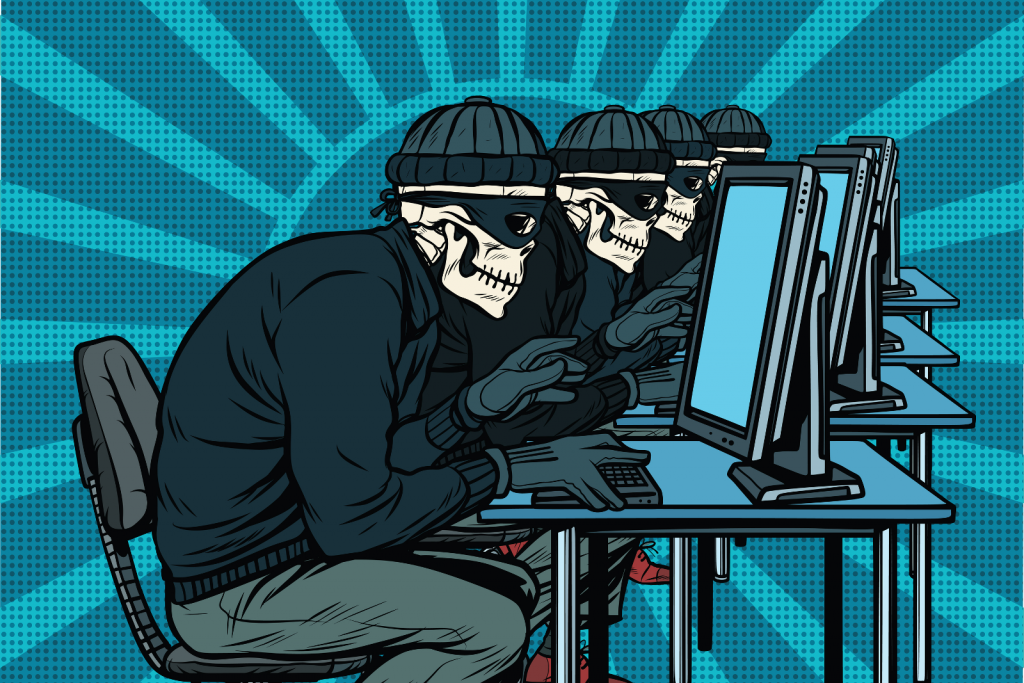I know I need to protect my website so it can keep serving you safely well into the future, so I take precautions. Protecting your business or personal website is an essential question for every website owner. News reports constantly reveal the risks posed by leaving a website unprotected and vulnerable to malicious attacks and hackers.
You may be asking yourself “What protections are necessary to protect my website? Are the strict precautions taken by larger businesses necessary for smaller websites too? How can small business and personal users get the same level of protection for their websites?” Here we look at the best ways to protect your website and keep it functioning optimally.
Server and Workstation Firewalls
There are a number of different types of firewalls that can protect your business or personal data, and your website. When it comes to protecting your website, a web application firewall which is either software or hardware-based can be useful. This firewall sits between your website server and the data connection to protect the flow of data between them. The firewall blocks all hacking attempts as well as filtering out other types of unwanted traffic like spammers and malicious pop-ups. An IT consultant can help advise you as to what types of firewalls are necessary for your business or personal use, and help you set up hardware firewalls, server firewalls, and/or workstation firewalls.

Upgrade Network Security
Keeping your network security tight and up-to-date is absolutely essential to ensure the computers in your office network are not indirectly providing an access route to your website servers. An IT consultant can implement a number of steps to tighten your network security and keep your website safe. This can include-
- Optimizing password policies
- Adjusting network permissions to limit access to data
- Creating two-factor authentication for sensitive data and access.
- Setting logins to timeout after inactivity
Constantly maintaining and updating network security is essential to keep your website from being an easy target for hackers.
Protect The Admin Level Users of Your Website
Users with admin level access to your website are where all control is held, so it’s important to keep their credentials safe. Enforce the use of admin usernames and passwords that cannot be guessed. Limit login attempts, even with password resets, to account for when email access may be hacked as well. You should also hide admin pages to ensure that they aren’t indexed by search engines. Do this by using the robots.txt file to stop search engines from listing them.
Stay Up To Date
Keeping your network security and software regularly updated is another essential part of protecting your website and your network. Software, antivirus, and firewall updates help to keep these programs on top of protecting your website and data with up-to-date virus definitions and the best techniques for dealing with attacks. However staying on top of updates can be difficult when you’re also trying to run a business. An IT consultant can help you develop a structured website security plan that provides updates on a regular basis.
Educate Staff
One of the key ways I protect my website is knowing that my whole team is using the same precautions I am. If you’re running a business and trying to protect your business website, your staff are your first line of defense. It’s critical to educate staff on basic website and computer security and ensure they understand your password policy.
Protect My Website With A Back-Up and Recovery Plan
While a solid security plan made with the assistance of an IT consultant can help protect your website, it’s important for all businesses to have a backup and recovery plan. This ensures that in the event your website is attacked or compromised, you can retrieve important data and keep your business on track.
Running a business and a website can be complicated, particularly if you’re self-employed or a small business. But with the assistance of a professional IT consultant you can to develop the ideal security plan to keep your website safe and protected.
